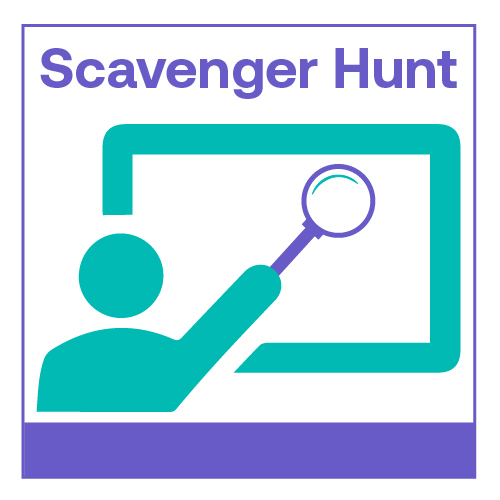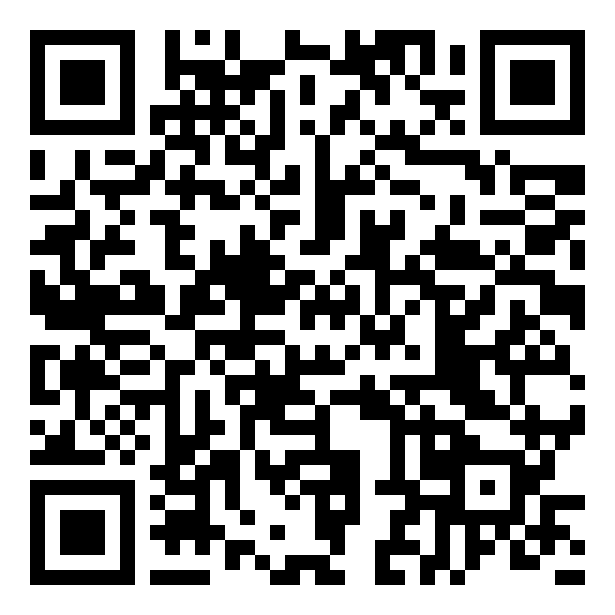
Assay Development and Screening
High Throughput Screening for Drugs that Inhibit 3C-Like Protease in SARS-CoV-2
- ES
Emery W. Smith
Scientific Associate
The Scripps Research Institute
Jupiter, FL, United States
Primary Author - December Poster(s)
As the pandemic, which arose in late 2019, rages on in many parts of the world, the rise of SARS coronavirus 2 (SARS-CoV-2) has triggered an ongoing struggle to keep hospitals empty and the world functioning normally. Even with the distribution of various vaccines well underway, the possibility of resistant variants driven in part by large unvaccinated populations continues the need for therapeutics that can be administered to the infected to minimize or eliminate the effects of COVID-19. The typical timeline from hit finding to drug registration of an antiviral is >10 years. Utilizing currently marketed approved drugs can vastly reduce the time effective drugs can get to the patients that need it. To identify therapeutics that can be repurposed as SARS-CoV-2 antivirals, we developed and initiated a high throughput cell-based screen that incorporates the essential viral 3C-like protease (3CLPro or MPro) and its peptide cleavage site into a luciferase complementation assay in order to evaluate the efficacy of known drugs encompassing approximately 15,000 clinical-stage or FDA approved small molecules. Confirmed inhibitors were also tested to determine their cytotoxic properties. Follow-up medicinal chemistry efforts to optimize the hits identified tranilast as a potential lead. Here, we report the rapid screening and identification of potentially relevant drugs that exhibit selective inhibition of the SARS CoV2 viral 3C-like protease.
 View Leader Board
View Leader Board
SLAS Events

1st Prize - Comp Reg + Hotel/Airfare to SLAS2023 in San Diego
2nd Prize - $50 Starbucks Gift Card
3Rd Prize - $25 AMEX Gift Card
Keep an eye on the leader boards to see who’s at the TOP. Winners will be announced after SLAS2022.
Each participating poster in the exhibit hall will have a QR code next to it. For virtual participants, look for the scavenger hunt icon for participating posters.
